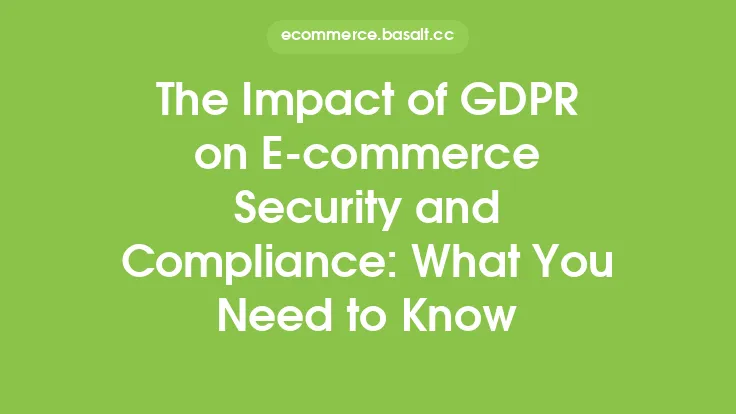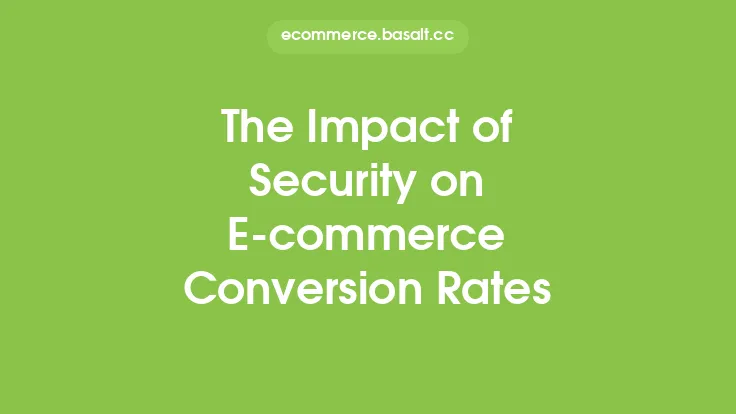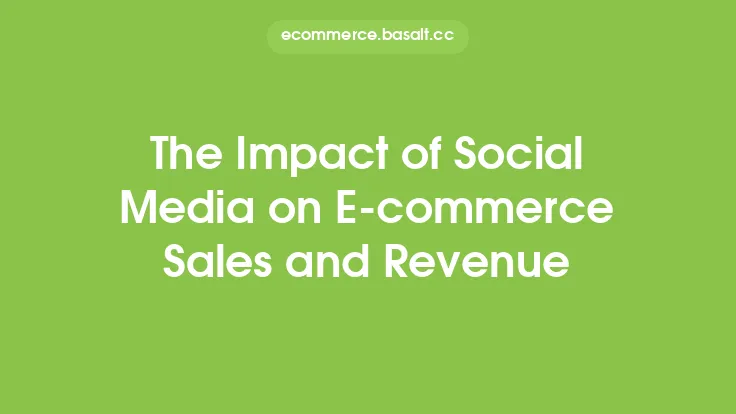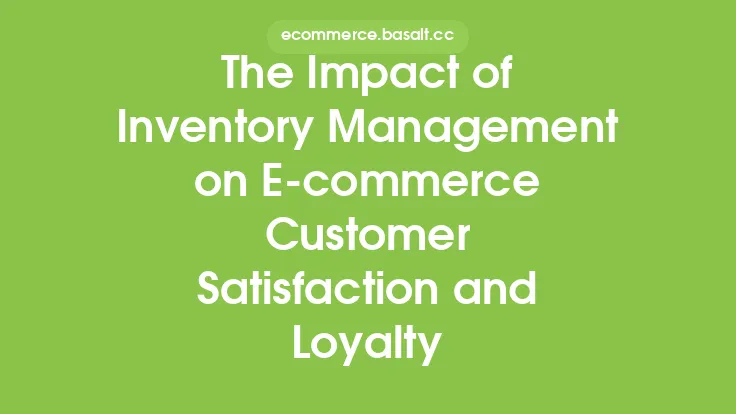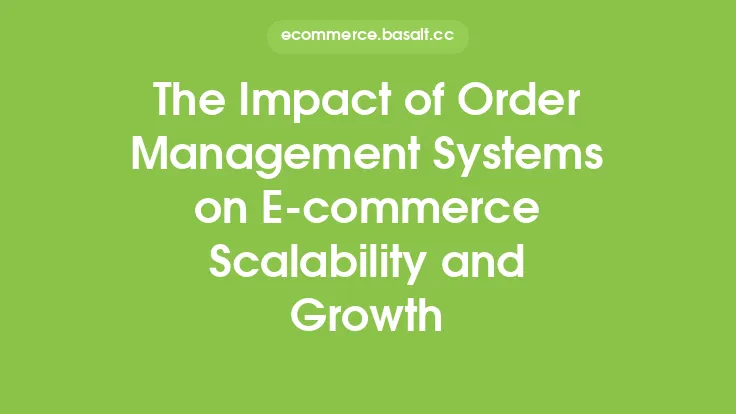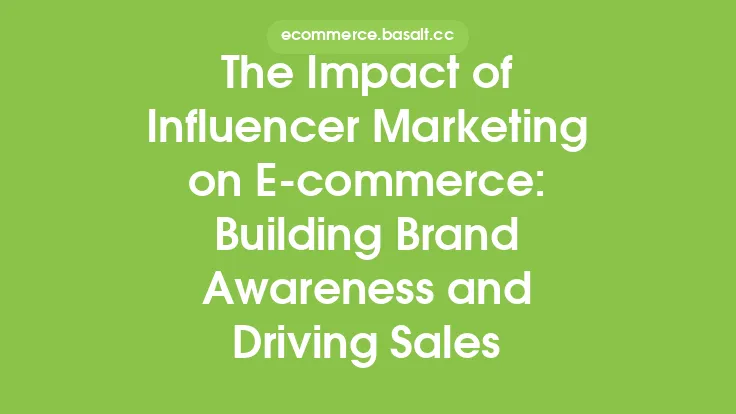The introduction of the General Data Protection Regulation (GDPR) in the European Union and the California Consumer Privacy Act (CCPA) in the United States has significantly impacted the e-commerce industry, particularly in terms of security. These regulations aim to protect consumer data and provide individuals with more control over their personal information. As a result, e-commerce businesses must adapt to these new standards to ensure compliance and maintain customer trust.
Understanding GDPR and CCPA
The GDPR, which came into effect in May 2018, is a comprehensive data protection regulation that applies to all businesses operating within the EU, as well as those outside the EU that offer goods or services to EU residents. The regulation introduces strict data protection principles, including transparency, accountability, and data minimization. On the other hand, the CCPA, which became effective in January 2020, is a California state law that regulates the collection, use, and disclosure of personal data of California residents. While the CCPA is not as comprehensive as the GDPR, it shares similar goals and principles.
Key Provisions and Requirements
Both the GDPR and CCPA have several key provisions and requirements that e-commerce businesses must comply with. These include:
- Data subject rights: Both regulations grant individuals certain rights, such as the right to access, rectify, and erase their personal data.
- Consent and transparency: Businesses must obtain explicit consent from individuals before collecting and processing their personal data, and provide clear and transparent information about data collection and use.
- Data protection by design and default: The GDPR requires businesses to implement data protection principles and safeguards into their products and services from the outset.
- Breach notification: In the event of a data breach, businesses must notify the relevant authorities and affected individuals within a specified timeframe.
- Data protection officer: The GDPR requires certain businesses to appoint a data protection officer to oversee data protection compliance.
Impact on E-commerce Security
The GDPR and CCPA have significant implications for e-commerce security. To comply with these regulations, e-commerce businesses must implement robust security measures to protect customer data. This includes:
- Encrypting sensitive data: Businesses must encrypt sensitive data, both in transit and at rest, to prevent unauthorized access.
- Implementing access controls: Businesses must implement strict access controls, including multi-factor authentication and role-based access, to ensure that only authorized personnel can access customer data.
- Conducting regular security audits: Businesses must conduct regular security audits to identify vulnerabilities and ensure that their security measures are effective.
- Incident response planning: Businesses must have an incident response plan in place to respond quickly and effectively in the event of a data breach.
Best Practices for Compliance
To ensure compliance with the GDPR and CCPA, e-commerce businesses should follow best practices, including:
- Developing a data protection policy: Businesses should develop a comprehensive data protection policy that outlines their data collection and use practices.
- Providing clear and transparent information: Businesses should provide clear and transparent information about data collection and use, including privacy notices and terms of service.
- Obtaining explicit consent: Businesses should obtain explicit consent from individuals before collecting and processing their personal data.
- Implementing data protection by design and default: Businesses should implement data protection principles and safeguards into their products and services from the outset.
- Training personnel: Businesses should train their personnel on data protection and security best practices to ensure that they understand their roles and responsibilities.
Conclusion
The GDPR and CCPA have significant implications for e-commerce security, and businesses must adapt to these new standards to ensure compliance and maintain customer trust. By understanding the key provisions and requirements of these regulations, implementing robust security measures, and following best practices, e-commerce businesses can protect customer data and ensure a safe and secure online shopping experience. As the e-commerce industry continues to evolve, it is essential for businesses to stay up-to-date with the latest developments and regulations to ensure ongoing compliance and security.
